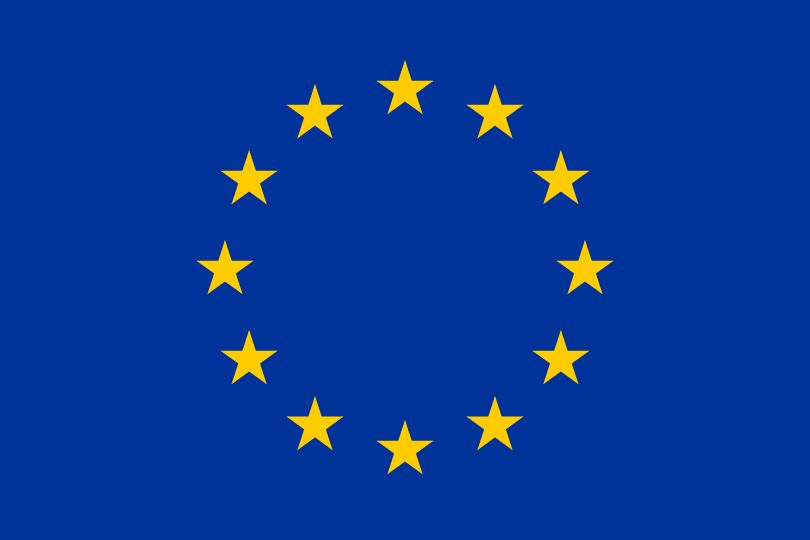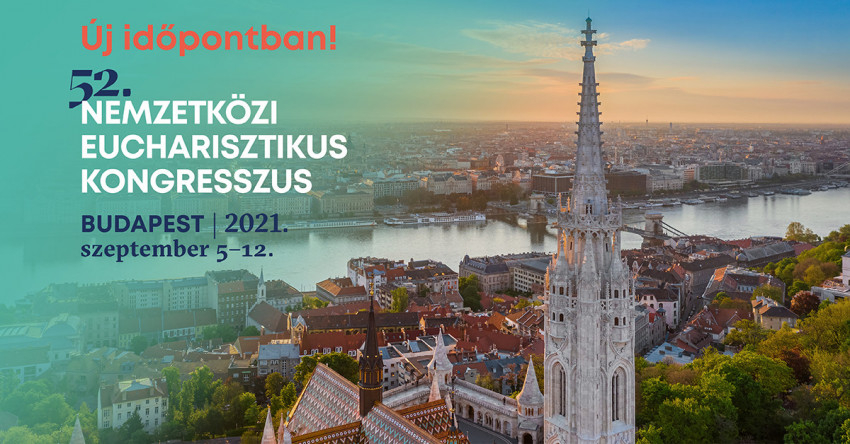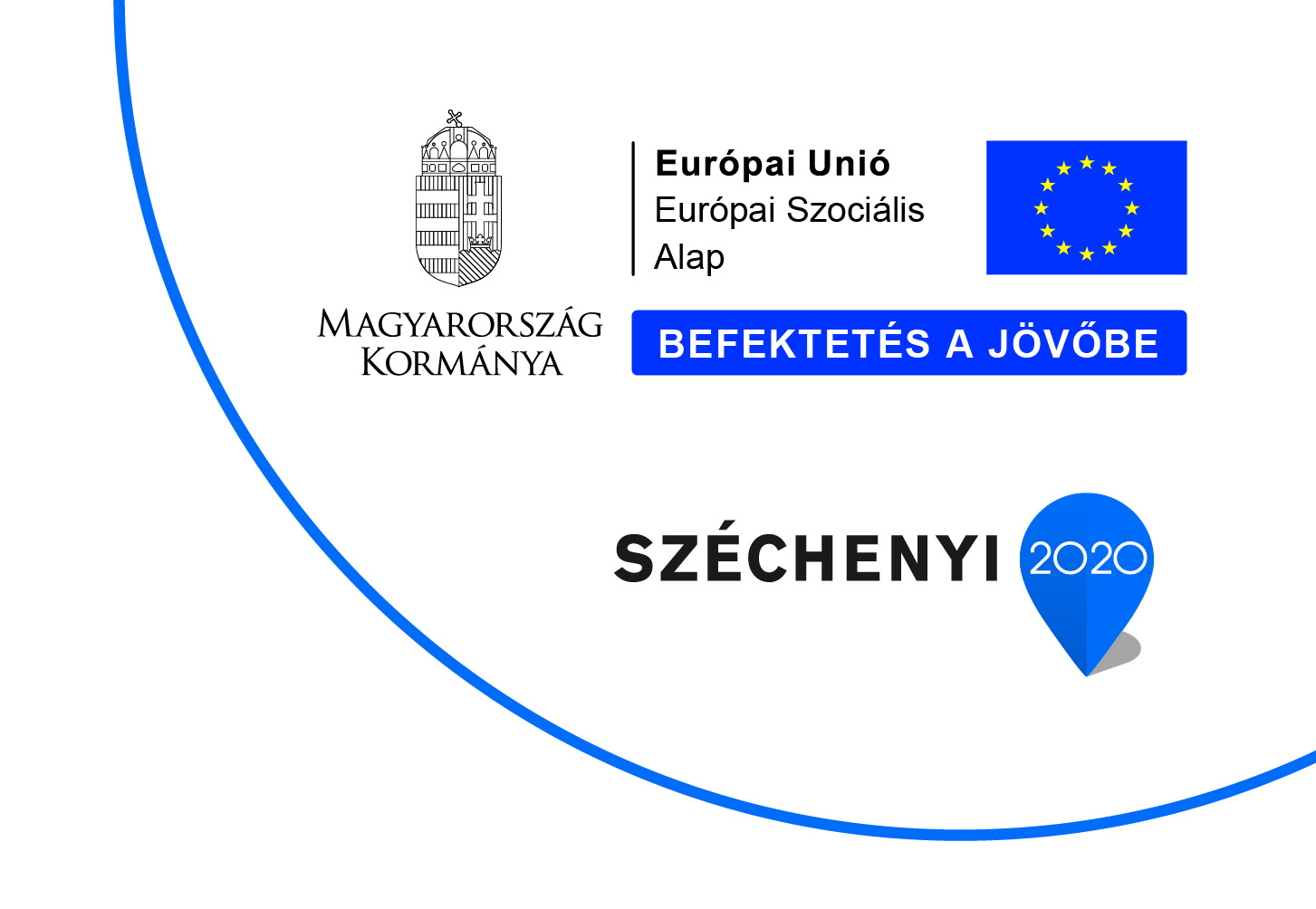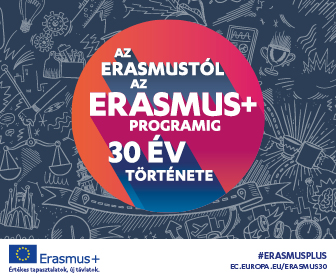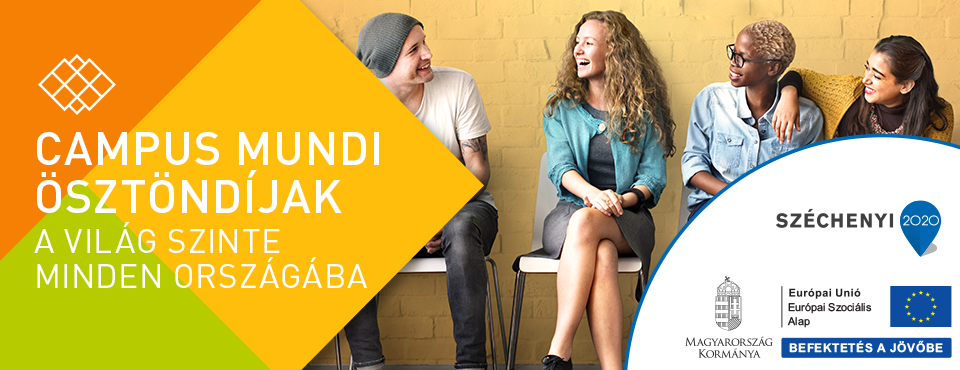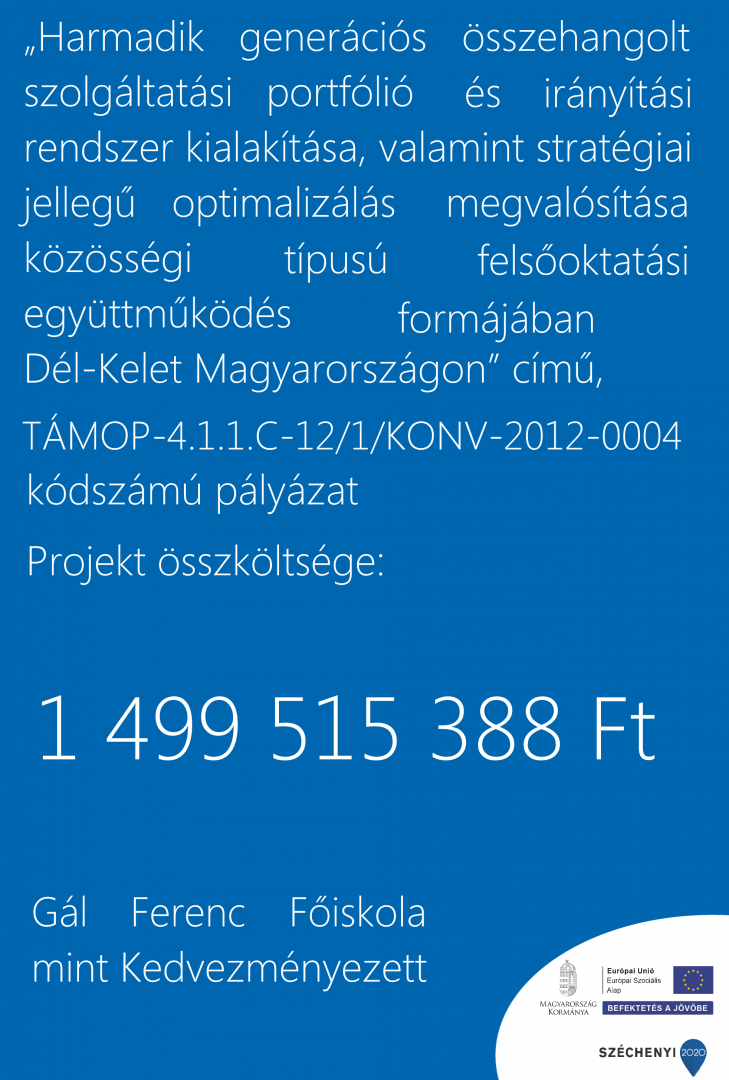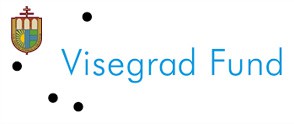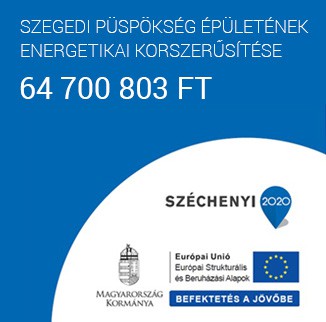Departments and Programs
Gál Ferenc University is awaiting applicants in its own entrance procedure until 26th August for both state-financed and self-financed religious studies.
The prolonged entrance exam procedure for the education and agro-education majors was successful on 7th August.
Loyal to our tradition we are preparing to receive the applications of those who want to pursue religious studies - in concordane with their Christian determination - until the end of summer. Applicants may have secondary school final exam or even university degree and they may choose to attend either full-time or correspondance courses. Thus in this case it is not a prolonged entrance exam but is the ordinary entrance procedure; therefore there is an opportunity to be admitted for full-time, state-financed studies.
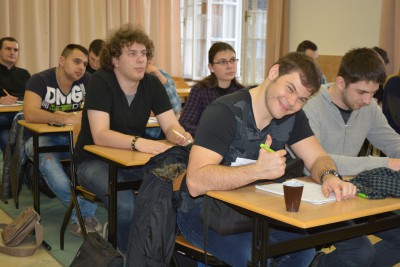
CATECHIST – PASTORAL ASSISTANT
(Religious Studies BA, 6 semesters)
This course prepares the students for public education, adult education and for organizing parish duties. The pastoral assistant specialization qualifies for community leading and for organizing liturgical, charitable and cultural activities. The basic courses are Biblical Studies, Church History, Divinity; ethical, pedagogical and psychological fundamentals, as well as Adult Education and Social Studies. The continuation of this training can be an MA programme at Gál Ferenc College: ‘Teacher Training: Teacher of Religious Education and Boarding School Teacher, Teacher of Ethics’ or ‘Christian Church and Civilization Studies’ or ‘Pastoral Studies and Caritas Science’.
PASTORAL STUDIES AND CARITAS SCIENCE
(Religious Studies MA, 4 semesters)
The Caritas Science programme trains social experts for Church-related and lay organizations. The Pastoral Studies programme prepares students for pastoral care services and for leadership in careers related to mental hygiene and the field of social welfare.
TEACHER TRAINING: TEACHER OF RELIGIOUS EDUCATION AND BOARDING SCHOOLTEACHER, TEACHER OF ETHICS
(Undivided teacher training programme MA, 10 semesters / Supplementary MA degree, 2–5 semesters)
This qualification enables the graduates to carry out duties as teachers of Religious Education in schools and parishes, and to fulfil other jobs with appropriate knowledge of pedagogy, and also provides opportunities for further PhD studies. You can acquire a teacher qualification to teach one or two subjects. We also offer these supplementary MA studies for catechist-pastoral assistants and cantors. It can be a continuation of any other previous university qualification too, so we highly recommend this course for nursery and primary school teachers. Those who do not have a degree in Religious Studies, they can finish a minor course for 2 semesters (50 credits). A College degree (BA) could become a University degree (MA) with a Teacher of Religion degree (60 credits) or a Certificate in Theology with 90 credits. There is also a possibility to receive another teacher degree (150 credits).
CHRISTIAN CHURCH AND CIVILIZATION STUDIES
(Religious Studies MA, 4 semesters)
This comprehensive study programme offers a deep insight into Christian Church history and related political and cultural issues, the eras of Christian civilization and the effects of Christianity on the universal culture. You can apply with any bachelor's or master's degree. In case you do not have any qualification in previous Religious Studies, a 50-credit course in Theology needs to be completed during the first two semesters. We highly recommend this postgraduate programme for those, who have a BA degree in the field of Literature, Linguistics, History, Ethnography, History of Art, Music or Pedagogy. Graduates can use their knowledge in cultural, social, political, educational and scientific careers, and they have the opportunity for further PhD studies.
THEOLOGY
(Undivided, long-term MA programme; 10–12 semesters)
This programme is aimed at preparing both seminarists and lay students to take an active part in the evangelization, the essential mission of the Catholic Church. The following subjects with others help the students to acquire the knowledge of the Catholic theological, intellectual and cultural traditions, and provide them with the skills and ethical understanding to participate in current debates about the place of the Catholic Church in the
present world: Biblical Studies, Biblical Languages (Hebrew, Greek, Latin), Church History, Systematic and Practical Theology, Ethics and Social Theory, Fundamental Theology, Moral Theology, Liturgical Studies, Pastoral Studies, Catechesis, Canon Law.

